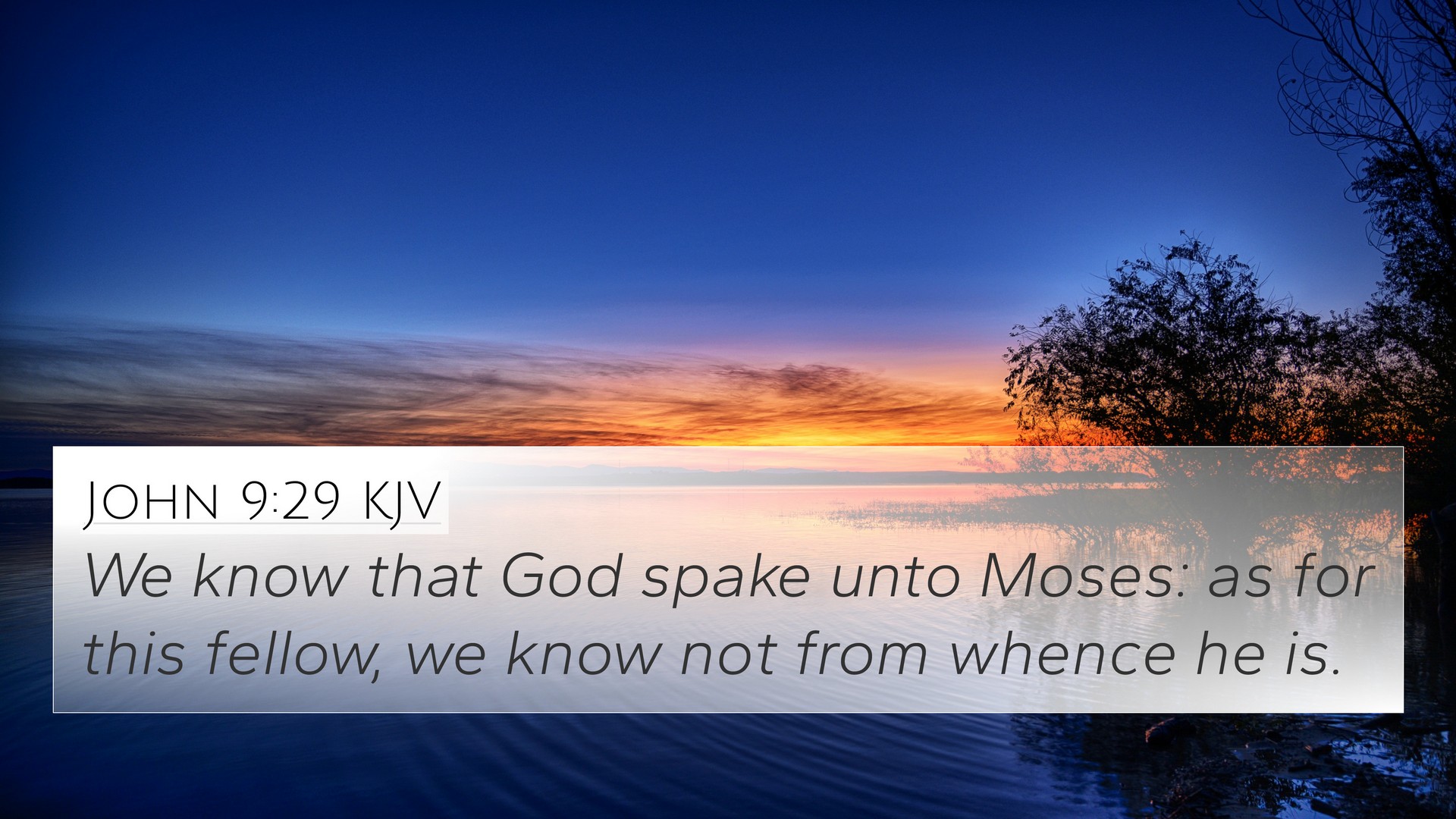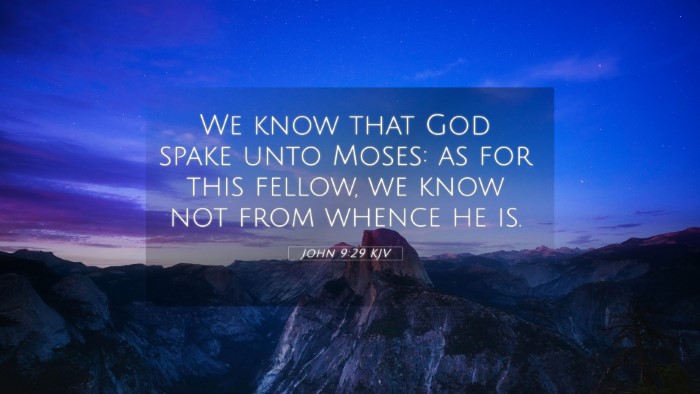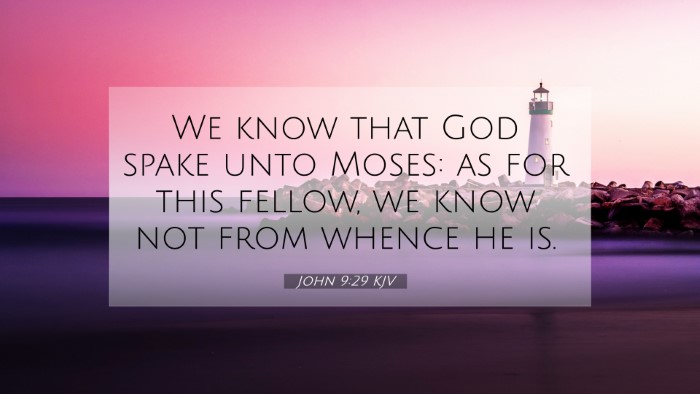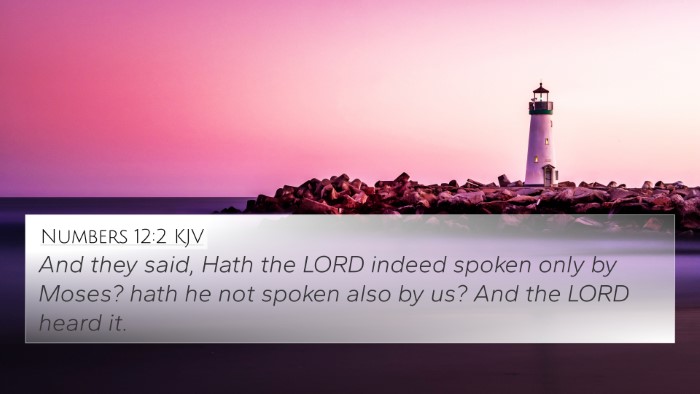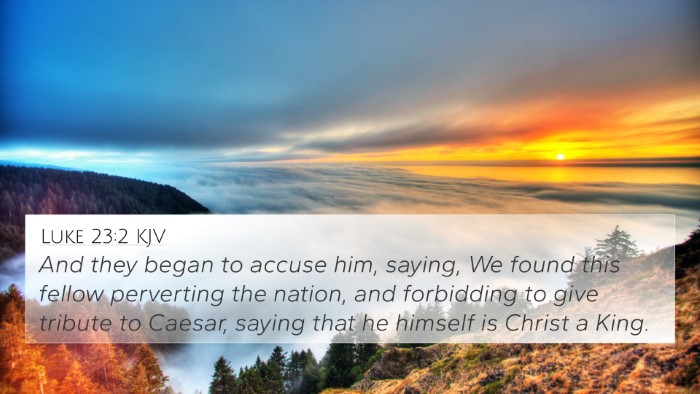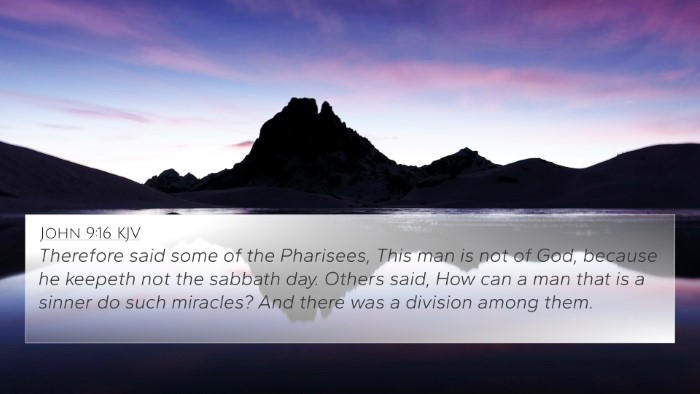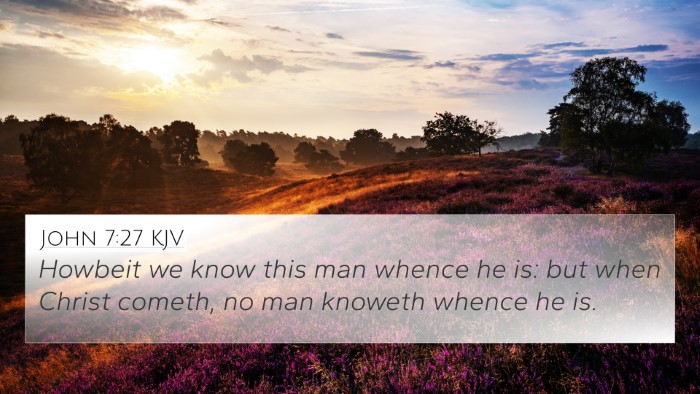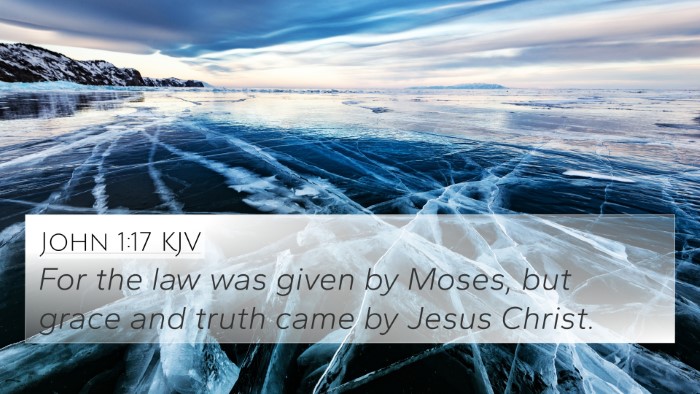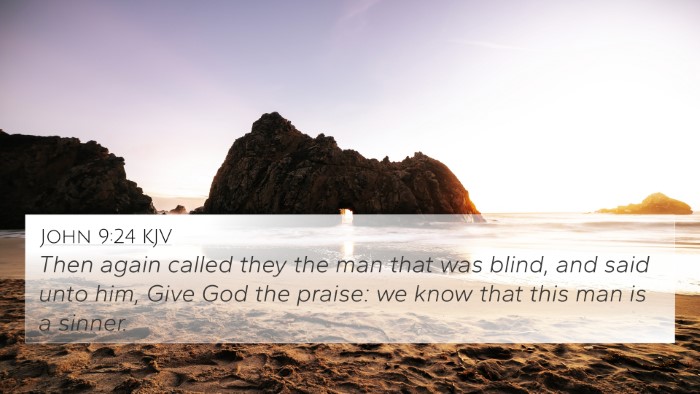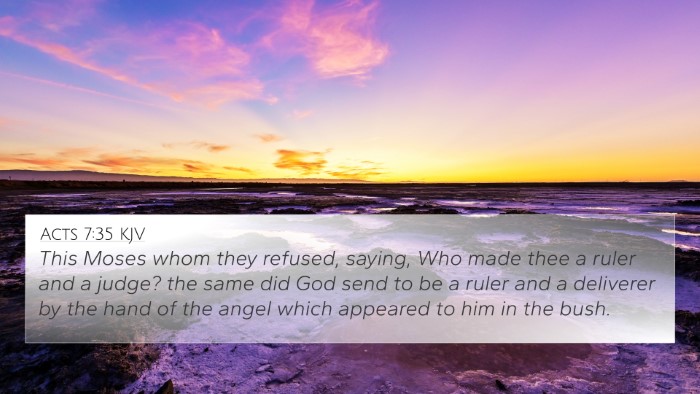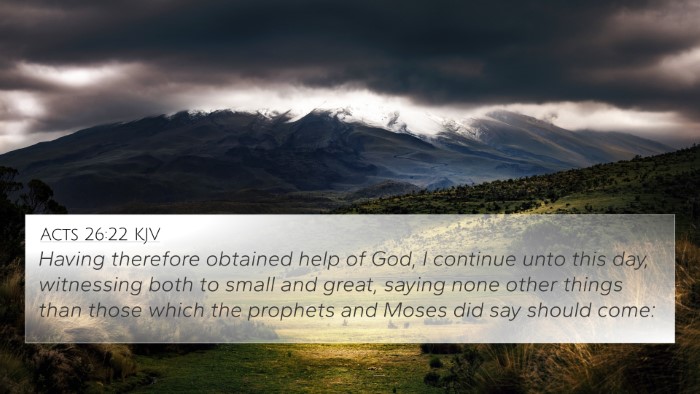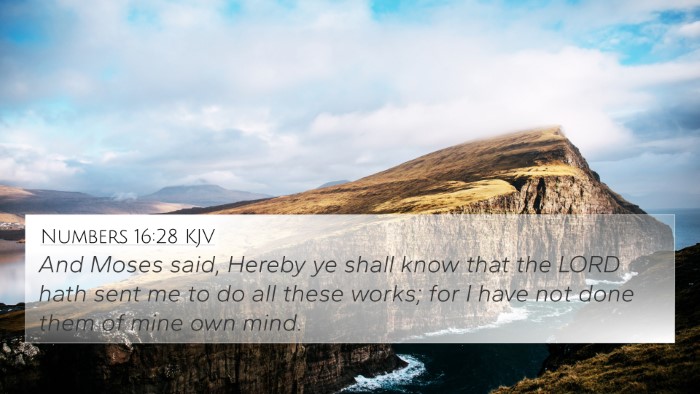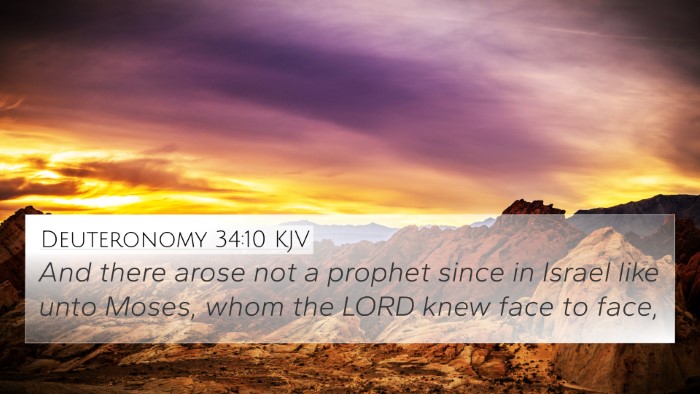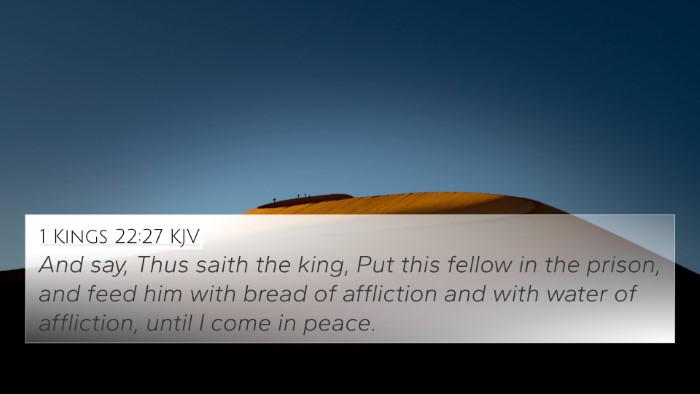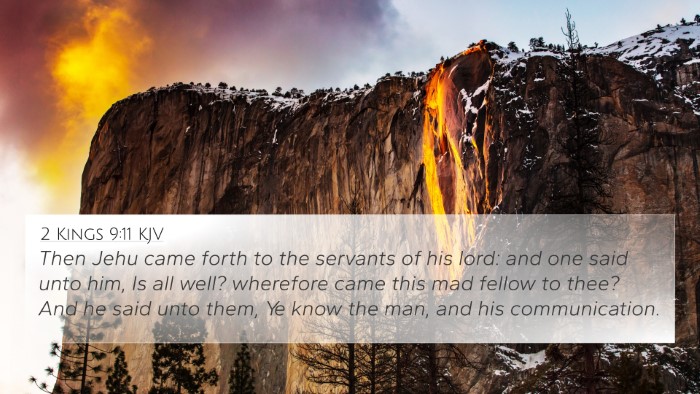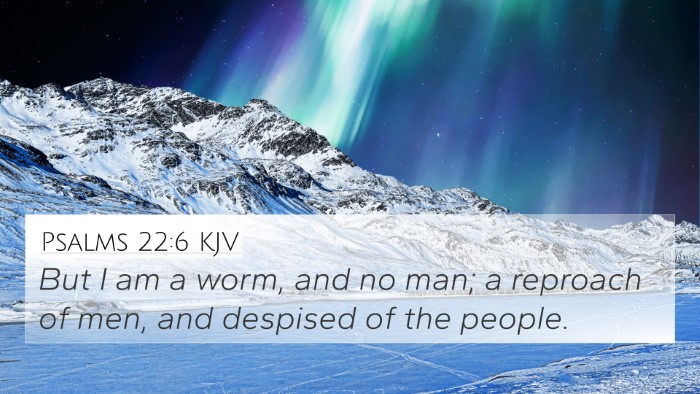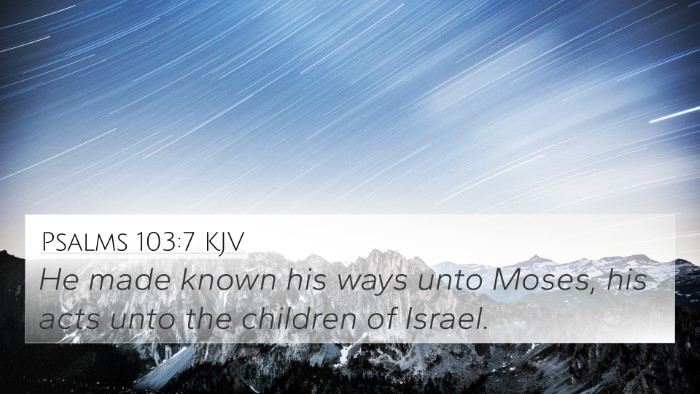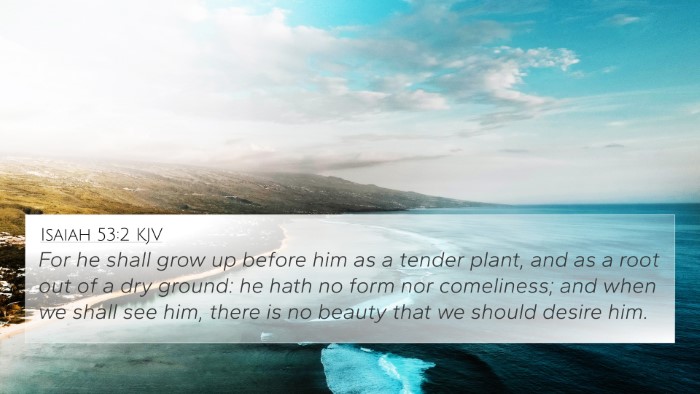Understanding John 9:29
John 9:29 states: "We know that God spoke to Moses, but as for this fellow, we do not know where he comes from." This verse reflects the tension between the religious leaders and Jesus during His ministry. Below is a combined analysis based on public domain commentaries by Matthew Henry, Albert Barnes, and Adam Clarke.
Context and Background
The context of this verse arises from the healing of a man born blind, a miraculous event that prompts the Pharisees to investigate. The healed man had revealed the truth about Jesus being sent from God, which contradicted the established beliefs of the Pharisees.
Key Themes
- The Authority of God: The Pharisees acknowledge God's communication with Moses, which highlights their rigid adherence to the Law and the prophets.
- The Question of Jesus’ Origin: The statement illustrates the skepticism surrounding Jesus' identity and authority, as the leaders could not reconcile His works with their understanding of the Messiah.
- Spiritual Blindness: The irony here is that the religious leaders, who considered themselves knowledgeable, were spiritually blind to the true nature and mission of Jesus.
Commentary Insights
Insights from Matthew Henry
Matthew Henry points out that the Pharisees were locked into their traditions and unable to see the truth revealed in Christ. Their claim of knowing God through Moses illustrates their failure to recognize Jesus' authority, emphasizing the need for an open heart to receive divine revelation.
Insights from Albert Barnes
Albert Barnes highlights that the phrase "this fellow" reflects the disdain and dismissal the religious leaders had towards Jesus. They could not accept His miraculous acts as coming from God because it challenged their authority and teachings. Barnes also remarks on the importance of knowing God through personal experience as opposed to mere tradition.
Insights from Adam Clarke
Adam Clarke discusses the meaning of the phrase "we do not know where he comes from" as indicative of the religious leaders' ignorance. Clarke emphasizes that their denial of Jesus’ origin ties to the inability to understand the connection between the Old Testament prophecies and Jesus’ fulfillment of them, demonstrating a broader theme of prophetic revelation in scripture.
Bible Verse Cross-References
This verse can be cross-referenced with several other passages that deepen its meaning and illustrate its connections within the biblical narrative:
- Exodus 3:14: God's self-revelation to Moses.
- John 5:39: Jesus encourages searching the Scriptures, which testify about Him.
- Matthew 23:13: Jesus condemns religious leaders for closing the door to the kingdom.
- Luke 16:31: The importance of heeding the prophets.
- Acts 3:22: Peter refers to Moses' prophecy about Jesus as a prophet like him.
- Hebrews 1:1-2: God has spoken through His Son in these last days, highlighting continuity from the Old Covenant.
- Romans 10:14-15: The necessity of preaching Christ to bring knowledge of Him.
Thematic Bible Verse Connections
The connections between John 9:29 and the surrounding Scriptures illustrate important themes concerning authority, revelation, and belief. These themes underscore the narrative of Christ’s mission and the reaction of those who were in positions of power yet lacked spiritual insight.
Comparative Bible Verse Analysis
In comparing John 9:29 with other scriptures, we observe a pattern of conflict between Jesus and the religious authorities of His time. Like the mixture of recognition and skepticism seen in this verse, John 7:31 speaks of the people's belief in Jesus' works. Similarly, John 8:19 echoes the theme of knowing God versus knowing falsehoods propagated by leaders.
Conclusion
John 9:29 serves as a pivotal verse that encapsulates the struggle for understanding Jesus’ identity within the context of Jewish tradition. By utilizing various public domain commentaries, we gain richer insights into the significance of this verse and how it relates to the overarching narrative of the Bible. Whether examining authoritative relationships or the implications of spiritual blindness, John 9:29 provides a profound starting point for further study and reflection.
